This morning, November 21, after listening to the presentation and review report on the draft Law on Artificial Intelligence, National Assembly deputies immediately started discussing the draft law in groups instead of leaving it until late afternoon as planned.
How does Vietnam approach the law?
Delegate Nguyen Thi Mai Hoa ( Dong Thap delegation) said that this is a new law in a very new field, affecting each individual, organization and the whole community. The determination to pass the draft law during the session to facilitate the Government in its operations is a great effort of the drafting agency and the National Assembly.
Commenting on the draft law, delegate Nguyen Thi Mai Hoa expressed concerns about the approach and philosophy when drafting the law.
Regarding the approach, delegate Mai Hoa said that he had consulted other countries and found that countries that already have legal corridors for artificial intelligence are going in many different directions. For example, the EU is inclined towards intelligence management, gradually increasing the risk level to the prohibition level, which is a very detailed direction for law making. The US is in the direction of flexible regulations, combining decrees. China is more concerned with AI management issues related to security, ethics, and sovereignty . South Korea is associated with legal binding and innovation, while Malaysia and Singapore have quite "soft" regulations.
“Which direction is Vietnam going in? The drafting agency should clearly explain to the National Assembly so that the National Assembly can clearly see the path in law-making to ensure that the law is built in the right direction and has certain principles,” delegate Nguyen Thi Mai Hoa suggested.
The delegate also asked the drafting agency to clarify the philosophy of artificial intelligence, whether it is a tool or an extension of human intelligence. “If we consider artificial intelligence as a tool, we pay more attention to technical content, but if it is an extension of human intelligence, we must pay more attention to ethical issues and community responsibility. Therefore, we must be very clear about the philosophy and approach,” said Ms. Mai Hoa.
According to Ms. Hoa, the concept of artificial intelligence in the draft law also needs to be reviewed to increase clarity.
Considerations when bringing AI into schools
From the perspective of the role of Vice Chairwoman of the National Assembly's Committee on Culture and Society, delegate Nguyen Thi Mai Hoa expressed her wish that the drafting committee would assess the impact more carefully, especially the impact of the draft law on people, especially children. Expressing concern about the impact of artificial intelligence on the moral, cultural and spiritual development of the young generation, Ms. Hoa also suggested that the drafting committee consider Article 24 on the development of artificial intelligence human resources, especially the content of integrating artificial intelligence education into the general education system.
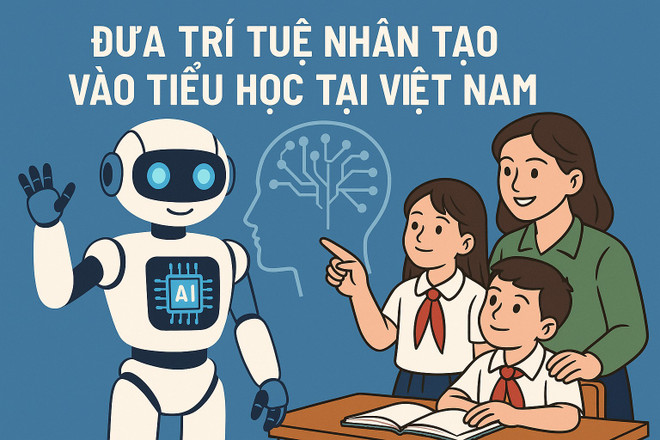
Ms. Hoa believes that this should be considered, especially for primary school students, when the "filter" to prevent negative impacts from artificial intelligence is still immature. In addition, delegate Nguyen Thi Mai Hoa also warned of the risk of forming a young generation that is good at technology, has good artificial intelligence control skills but is empty in spirit, has no emotions, lacks self-skills, and is dependent on technology.
Also concerned about the negative impact of artificial intelligence, delegate Nguyen Hai Anh (Dong Thap delegation) said that the draft law needs to have separate provisions on prohibited content in AI. Specifically, it is necessary to prohibit the use of AI to manipulate public information; prohibit AI models that recreate sensitive, offensive images of children that cause mental trauma to children; and prohibit the deployment of AI models that cannot control the source of training data.
Commenting that AI is developing very rapidly in many fields, delegate Nguyen Hai Anh said that the drafting committee should add regulations on AI application in education and creative culture to ensure copyright issues as well as information verification.
Delegate Hai Anh also proposed that there should be additional provisions on foreign elements in the draft law because most of the popular artificial intelligence platforms currently used in Vietnam are developed by foreign units.
In addition, delegates also said that it is necessary to add regulations on national open data policy to ensure that data is correct, sufficient, clean, and alive because AI will learn from the data. According to delegates, this content has been implemented by some countries such as Korea and Singapore./.
Source: https://www.vietnamplus.vn/du-thao-luat-tri-tue-nhan-tao-can-lam-ro-triet-ly-va-cach-tiep-can-post1078405.vnp








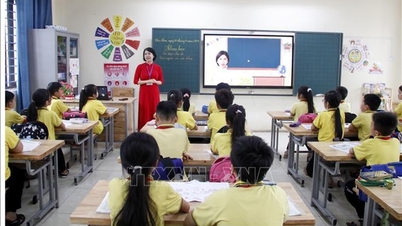



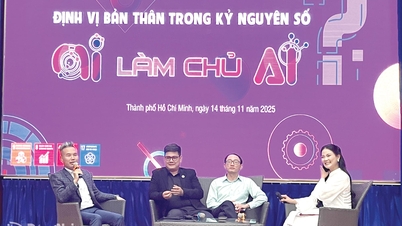

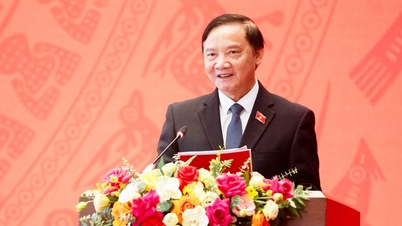

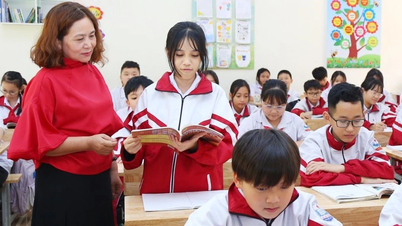

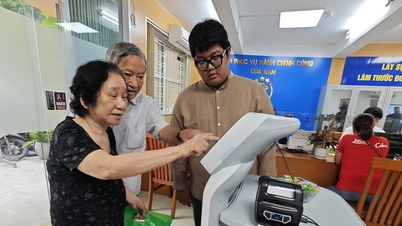

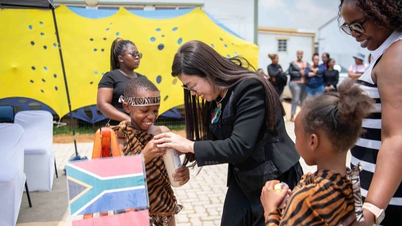

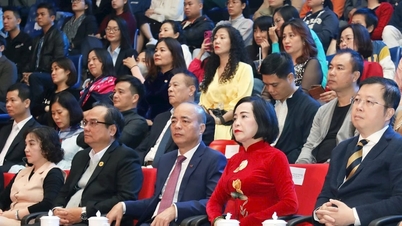
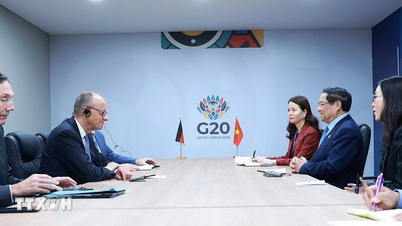
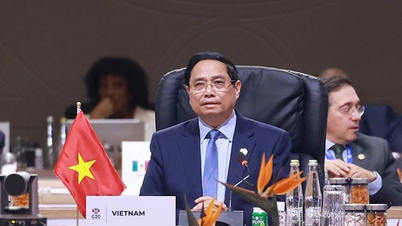

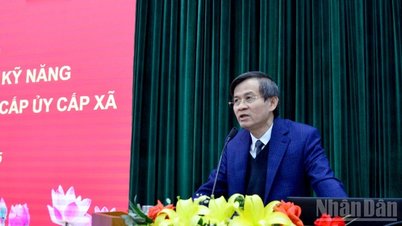




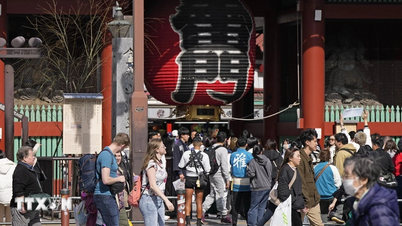
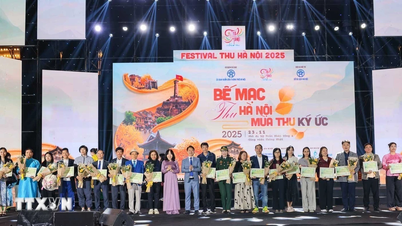
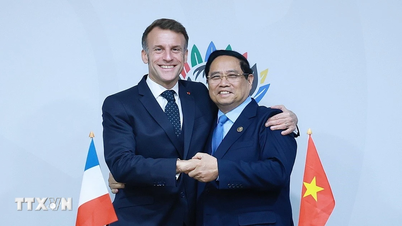
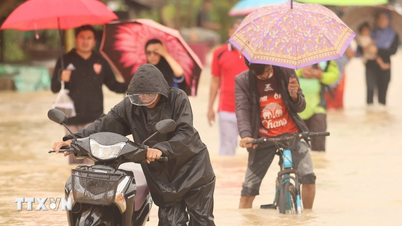
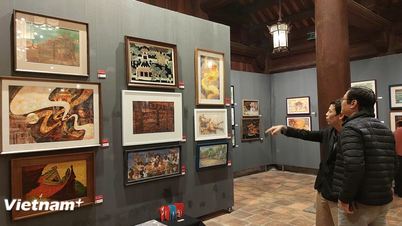


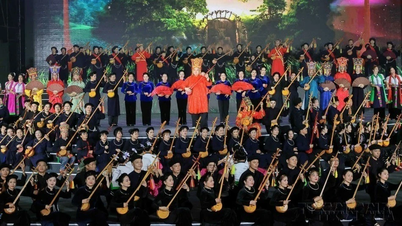




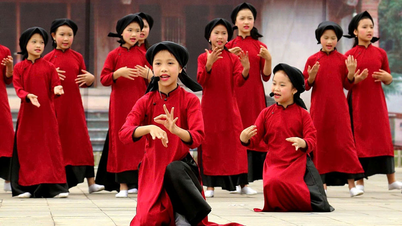

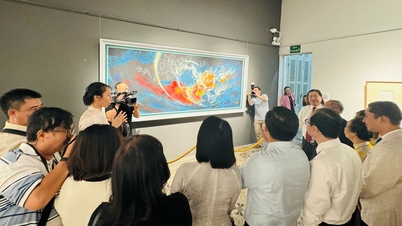


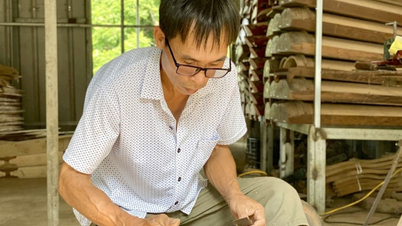

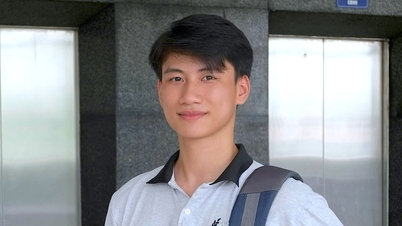


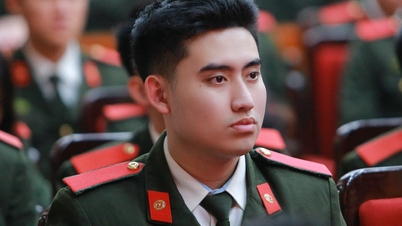

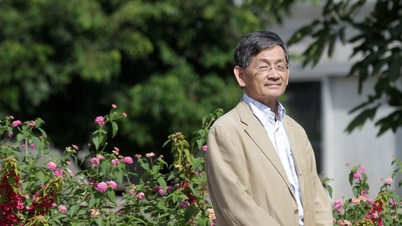


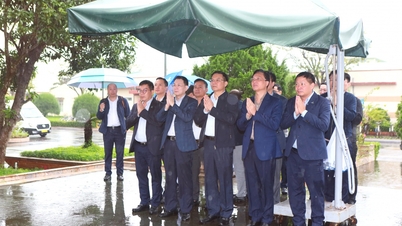
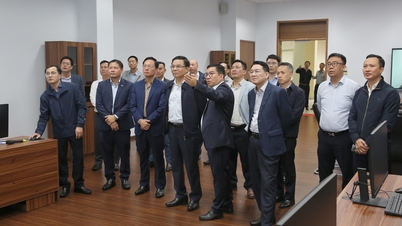










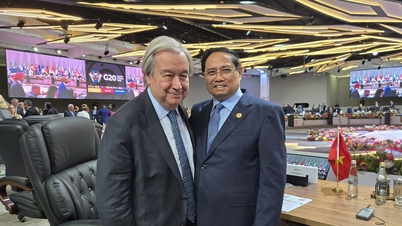
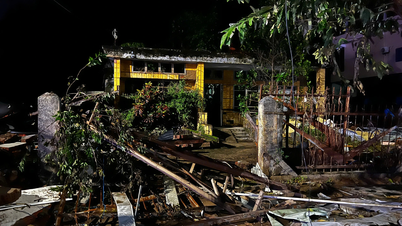
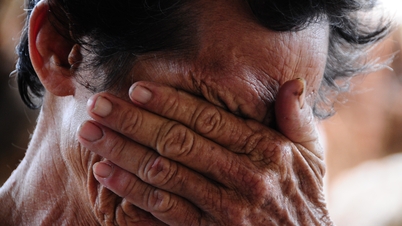

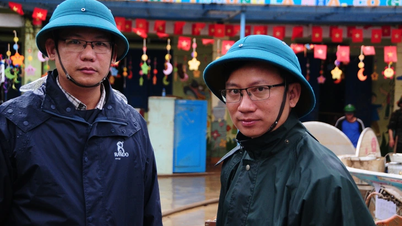
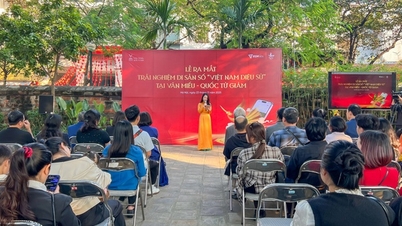


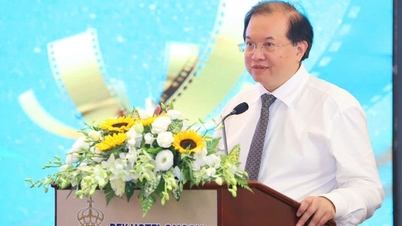
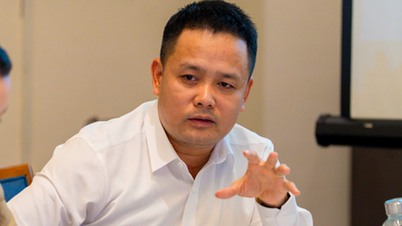
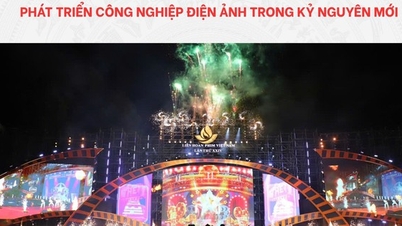


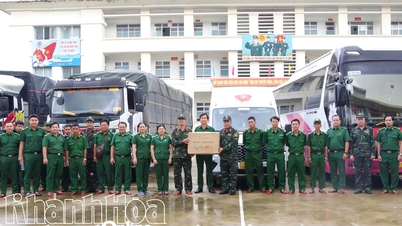



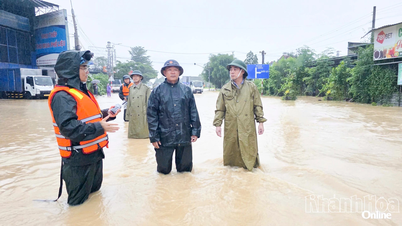
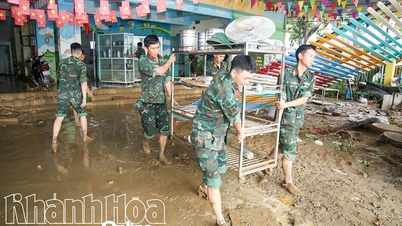
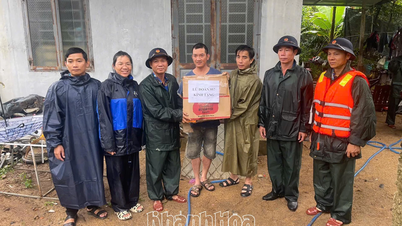














Comment (0)